A Fundraiser for Gaza Hopes to Wake Up the Coffee Industry
For 18 months, the coffee industry has remained mostly silent about the ongoing destruction of Gaza. A new fundraiser hopes to raise money—and jolt the industry awake.
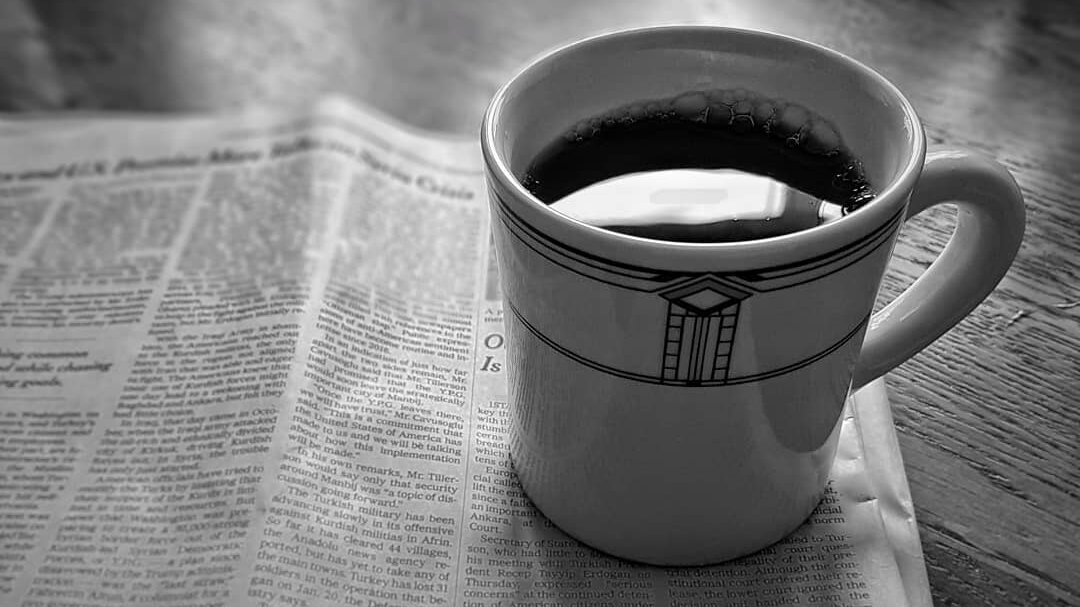
A diner mug rests on a folded newspaper sitting on a table. Via me.
It’s looking like a short Roundup this week, folks, understandably enough given all that’s still going on in the world.
Most coffee companies (I say most—Starbucks still gonna Starbuck) are keeping their heads down, trying to make their businesses work until this whole thing blows over (assuming it ever does).
Let’s take a look at the few snippets of news that appeared over the past week.
This has been mentioned before, as part of the COVID-19 Updates section (a section that no longer seems relevant as most of the new stories are just repetitions) but it seemed worthy of its own story now that Sprudge and others are writing about it.
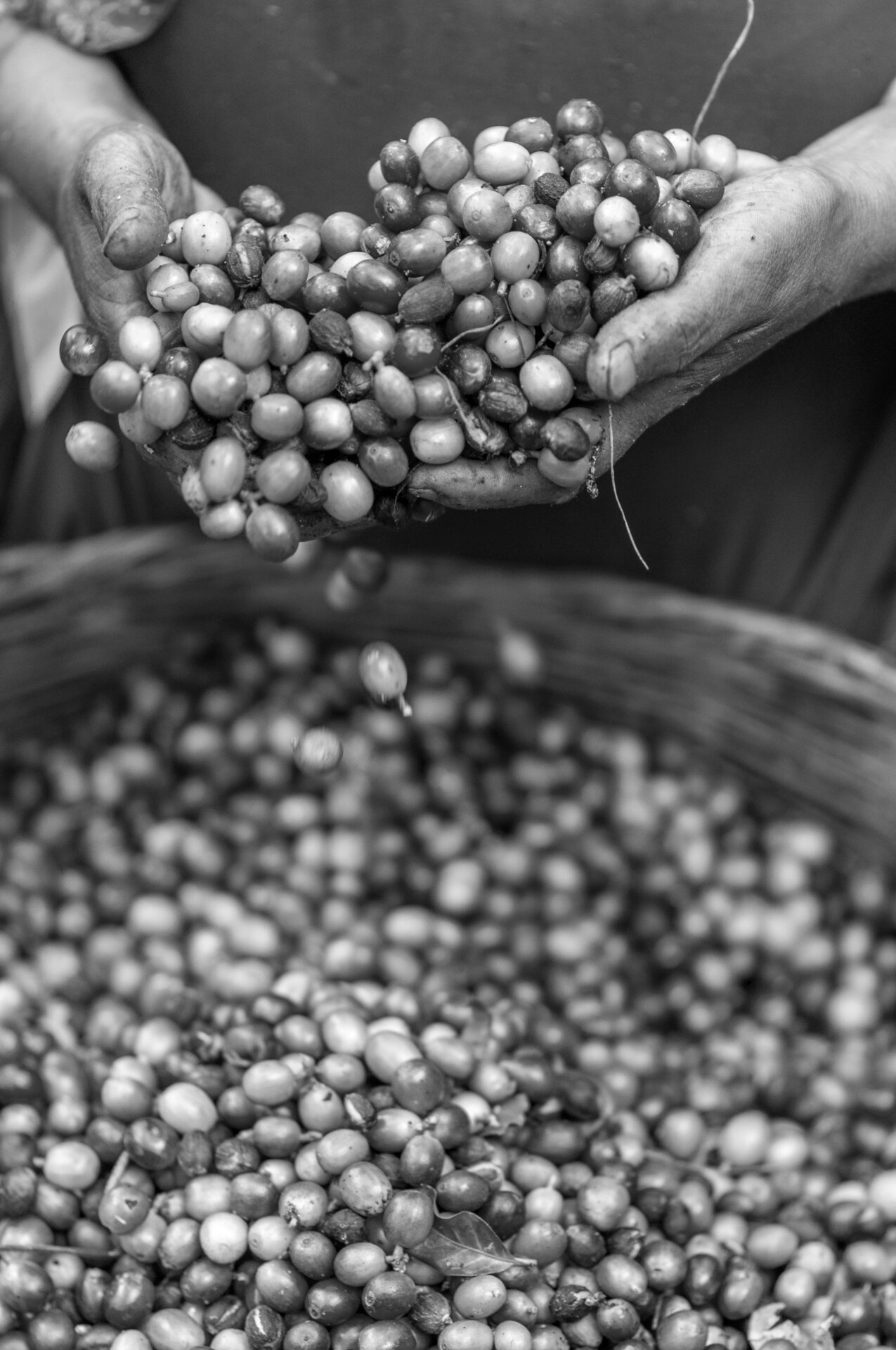
Two hands hold a pile of just-picked coffee cherries. Via Unsplash
Coffee futures rose 8.8% in March, up to around $1.16 per pound. This is, obviously, a small and probably unsustainable jump—Sprudge mentions that catastrophes, such as drought and disease, are the only real way for the coffee market to make any significant leaps, “which is a surefire sign that the system is broken.”
The reason for this increase in the commodity price of coffee is the same as the reason for most other things at the moment: uncertainty. Nobody knows what’s going to happen even a few weeks from now: how many coffee shops will survive this? Will there be a recession? Will the huge demand increases we’ve seen for coffee at home be sustained?
There are no answers. Trying to get ahead of any supply chain disruptions, commodity importers have been buying up and stockpiling green coffee while it’s still possible.
That demand for home brewing is another reason for the spike in coffee prices. As Sprudge notes, “Just as importers and roasters are panic buying green coffee, consumers are stockpiling roasted coffee for home use.” The article goes on to say that “France and Italy, for instance, have seen 34.6% and 29.5% increases, respectively, over the same time last year,” citing research from market research firm IRI.
How long that demand continues remains to be seen, but right now it’s one of the few things keeping coffee roasters in business.
Also it should be noted that the 8.8% jump still leaves the price of coffee far below the cost of production, ensuring that producers continue to struggle to make ends meet.
This story received a lot of blowback on social media, with the original tweet receiving over 4,000 replies.
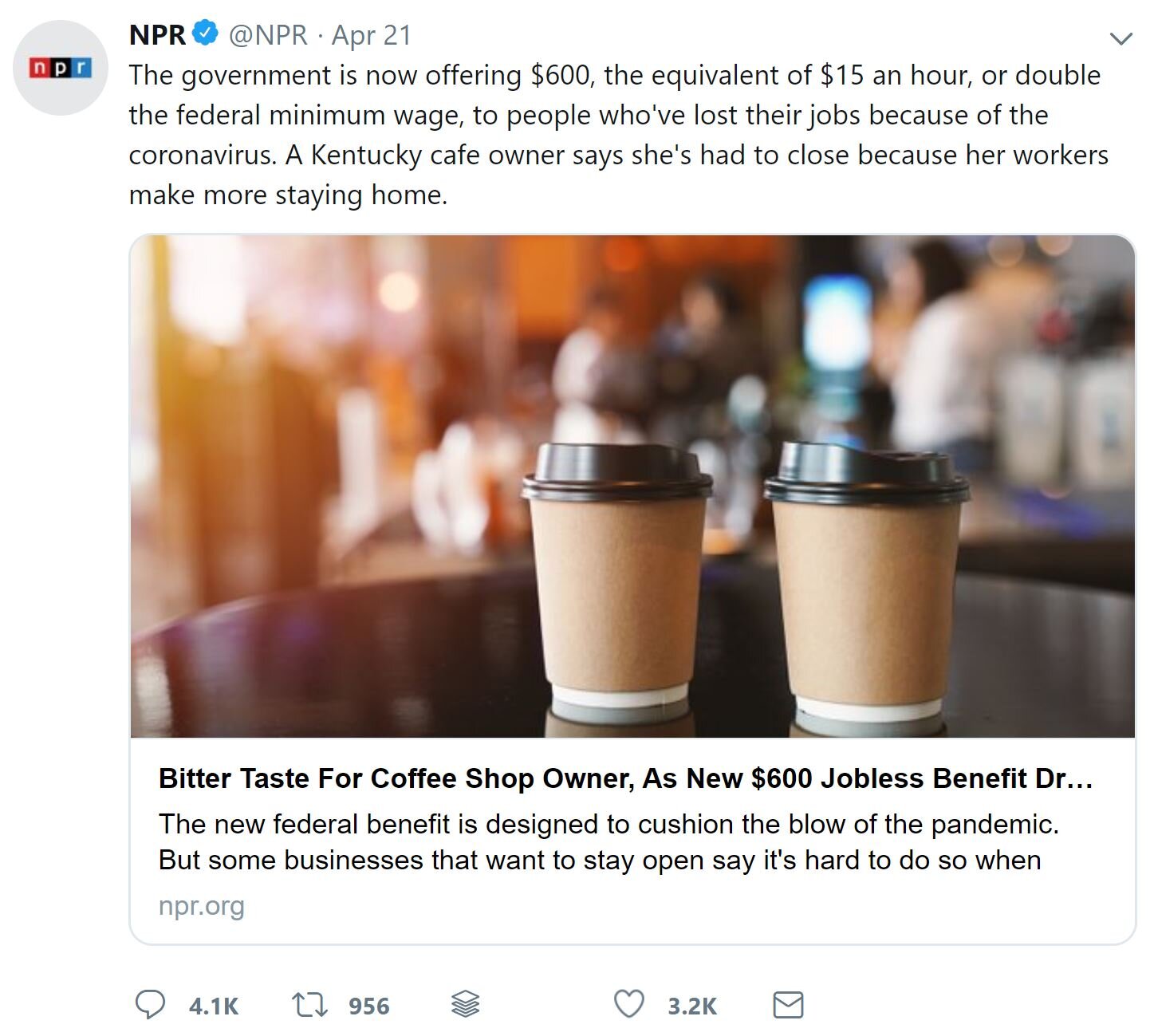
A screenshot of a tweet by NPR. Via Twitter.
It’s easy to see why: “The government is now offering $600, the equivalent of $15 an hour, or double the federal minimum wage, to people who've lost their jobs because of the coronavirus. A Kentucky cafe owner says she's had to close because her workers make more staying home” is a terrible framing of the story, blaming the workers for their employer’s decision to close.
The story itself is also terrible, just so we’re clear.
Basically, this cafe owner decided to close their business down due to the pandemic, but somehow managed to blame the employees. “The very people we hired have now asked us to be laid off” the article quotes her as saying, because the employees could make more on the new $600 unemployment benefits.
How can you be a business owner and not understand how unemployment works? How can NPR’s chief economic correspondent, for that matter? You can’t file for benefits if you quit or turn down work. If the cafe had stayed open, none of the workers could have filed. Also if you can’t pay your employees a living wage, then maybe you shouldn’t have a business?
A journalist at Mashable points out that the owners are Harvard grads who own three locations and used money from the sale of their tech company to fund their business. The husband is the head of their local Chamber of Commerce!
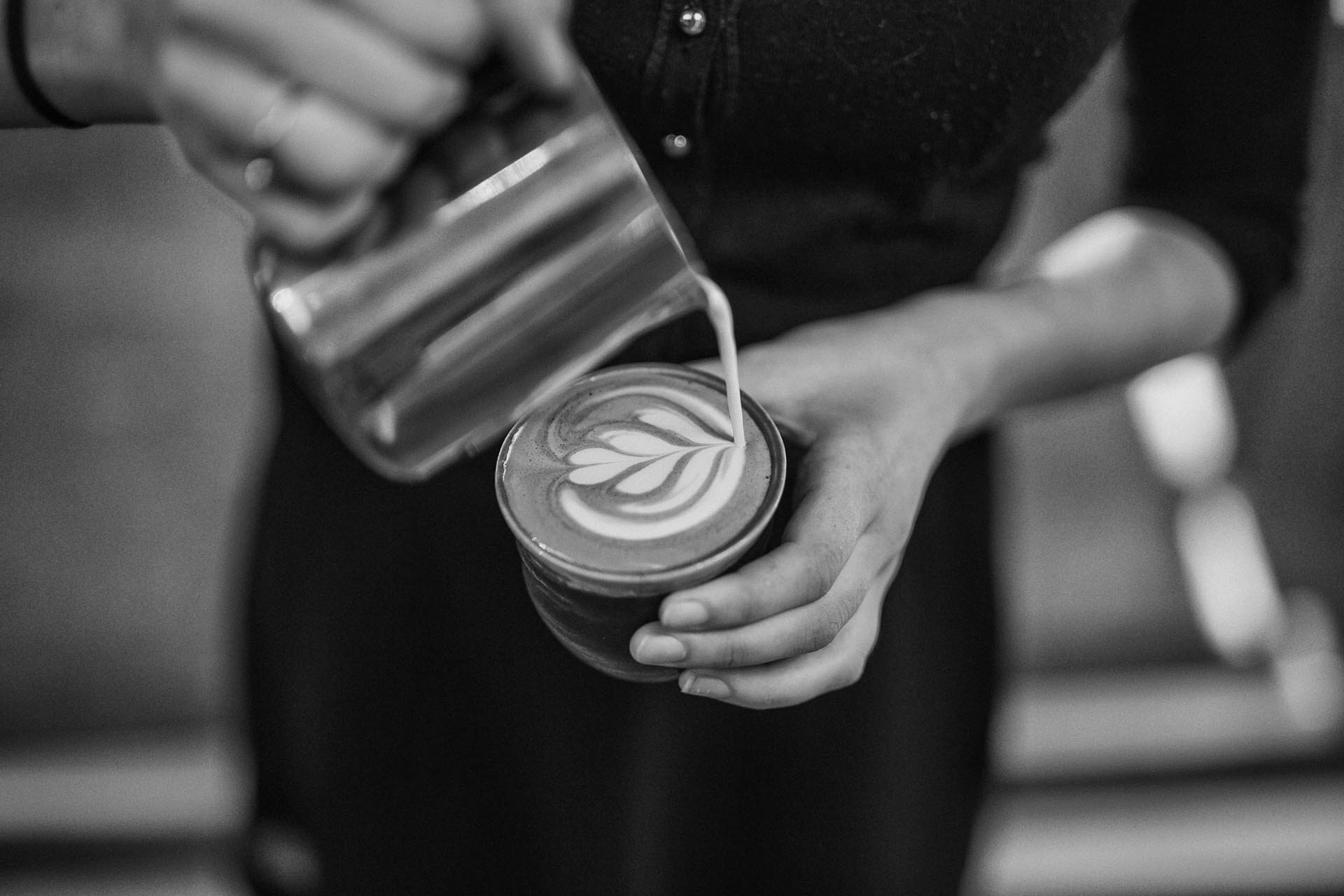
A barista pouring latte art, see from above. Via Unsplash
ALSO, the article never interviews any of the employees. Are they actually getting any money from unemployment? Nearly 500,000 people have applied for benefits in Kentucky since mid-March. How many of this cafe’s baristas have received a check? What were they earning before? It’s very unlike NPR to not both-sides a story.
The government should be paying people to stay home so that we can actually get through this crisis safely. If they’re essential workers, they should be getting proper hazard pay and protective equipment. It’s not that difficult.
It should be mentioned here: the owner has since responded to the criticisms that the NPR piece (rightly) received in a blog post on her company’s website.
Maybe it can help remove the bitter taste of that last article, amirite.
But seriously folks, a new study from Denmark has shown that drinking coffee (regular or decaf) makes people more sensitive to sweet flavors. I mean, it was 156 participants self-reporting their perceptions of various scents and flavors, so it’s not exactly conclusive, but still.
The researchers found no link between coffee and “olfactory sensitivity”, which is interesting in and of itself, so decided to concentrate on taste, or “gustatory sensitivity”.
They also used Nespresso pods, which should negate the entire study in my view, but I’m not a scientist.
“Our results demonstrate that coffee (regular and decaffeinated) alters the subsequent perception of taste,” wrote the actual scientists, “specifically by increasing the sensitivity to sweet and decreasing the sensitivity to bitter.”
There’s a lot going on in the world of coffee greenwashing this week—perhaps making up for the distinct lull over the past month or so.
First off, Lavazza is “showcasing” its “significant sustainability projects” with regards to reforestation in Ethiopia and Peru.
Lavazza is “supporting” these efforts, don’t you know, although the details remain hazy. The work that’s being done in these communities is undoubtedly important—using coffee to reforest the Yayu Biosphere Reserve in Ethiopia’s Oromia region, and preserving rainforest in Peru—but the article doesn’t give us any information on what role Lavazza is taking apart from “supporting”.
Meanwhile, a face mask made from coffee has been launched by a company called ShoeX, which claims that the mask “is not just a recommendation to help prevent the spread of the coronavirus, but preserve the planet as well.” Yikes.
And finally, Starbucks has announced that it will start serving Beyond Meat products in China (alongside the almost parodically dystopian-sounding Omnipork). This is all part of what CNBC calls Starbucks’ “far-reaching goal to become ‘resource positive.’”
The article goes on to say that “Starbucks will also offer Oatly’s oat milk as a non-dairy substitute for Chinese consumers.” So that’s good.
It can make things taste sweeter. Doesn’t that count?
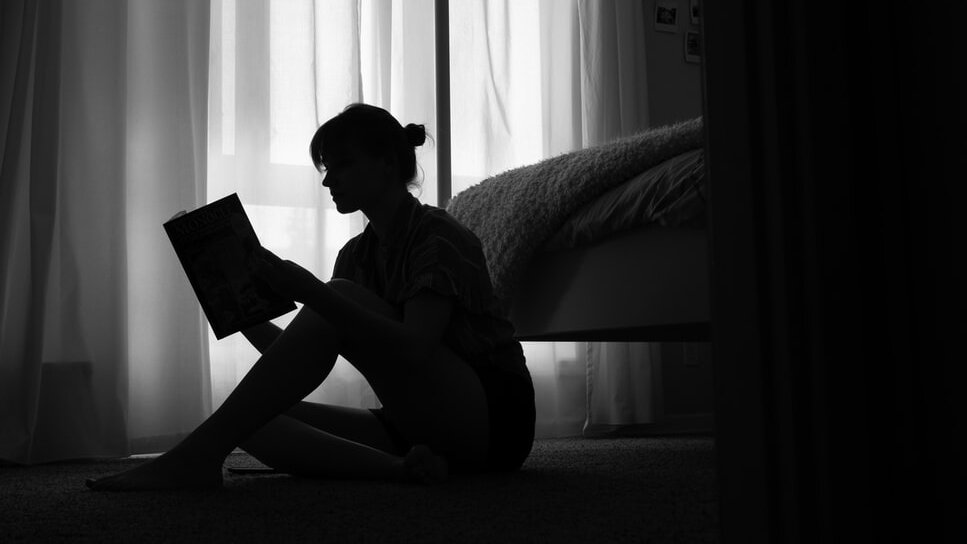
A person sits on the floor reading a book. via Unsplash
The War On Coffee by Adam Gopnik
America’s Coffee Shops Just Might Survive This Moment by Jordan Michelman
Coffee Is One Routine New Yorkers Won’t Give Up by Sanam Yar
Until next week, drink good coffee. At home, if possible. And wash your hands. And then once more.
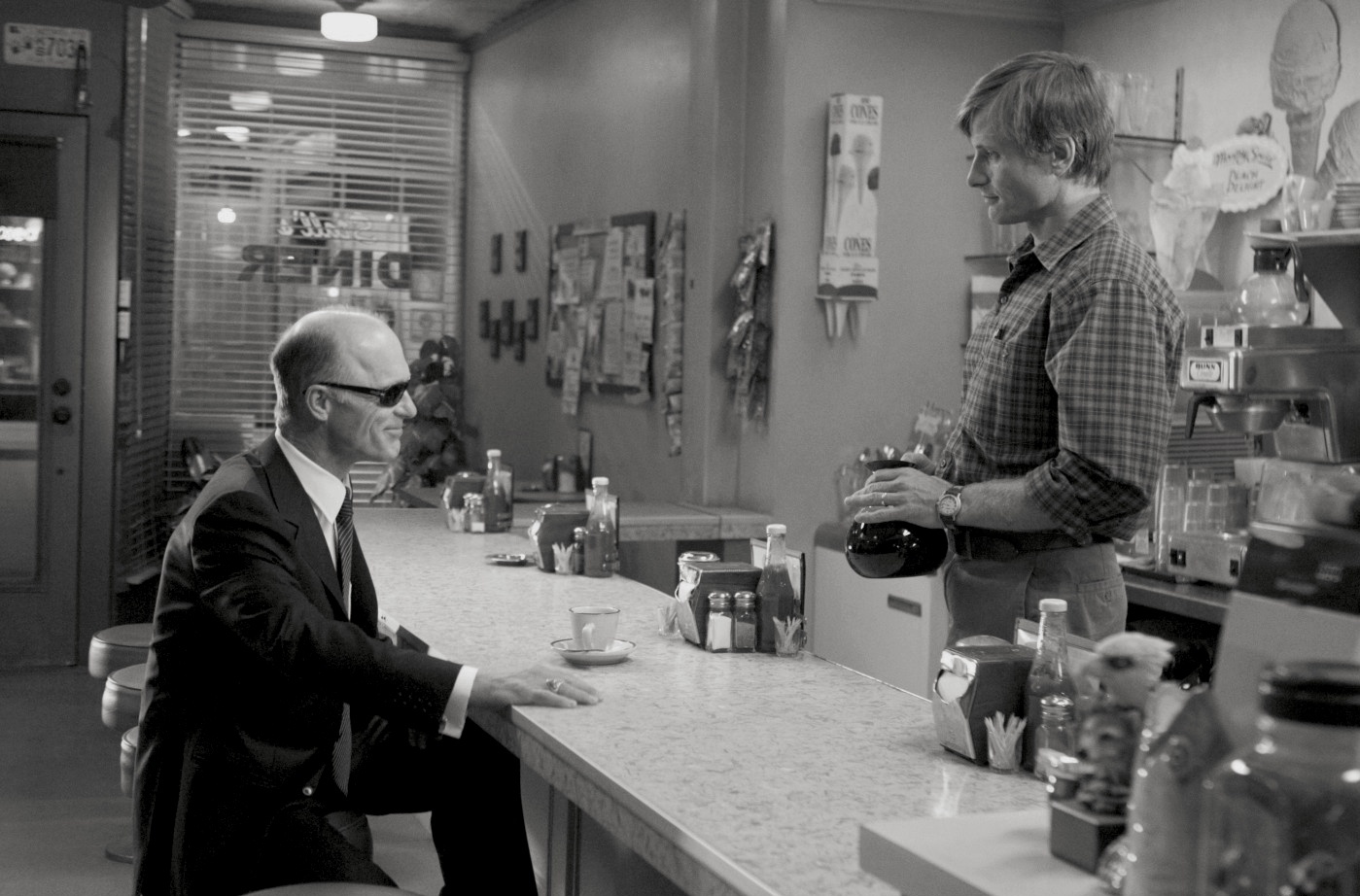
Apr 9, 2017 Coffee At The Movies Episode 6: A History Of Violence Apr 9, 2017 Apr 9, 2017
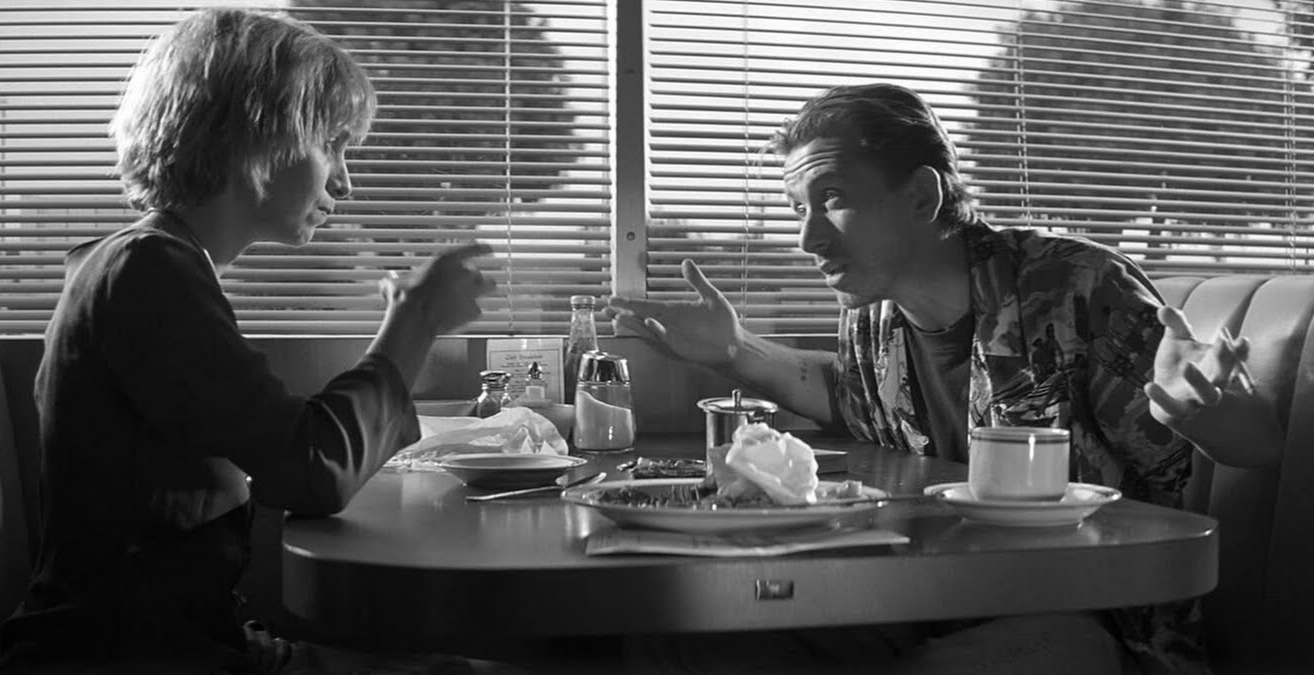
Dec 15, 2016 Coffee At The Movies Episode 5: Pulp Fiction Dec 15, 2016 Dec 15, 2016
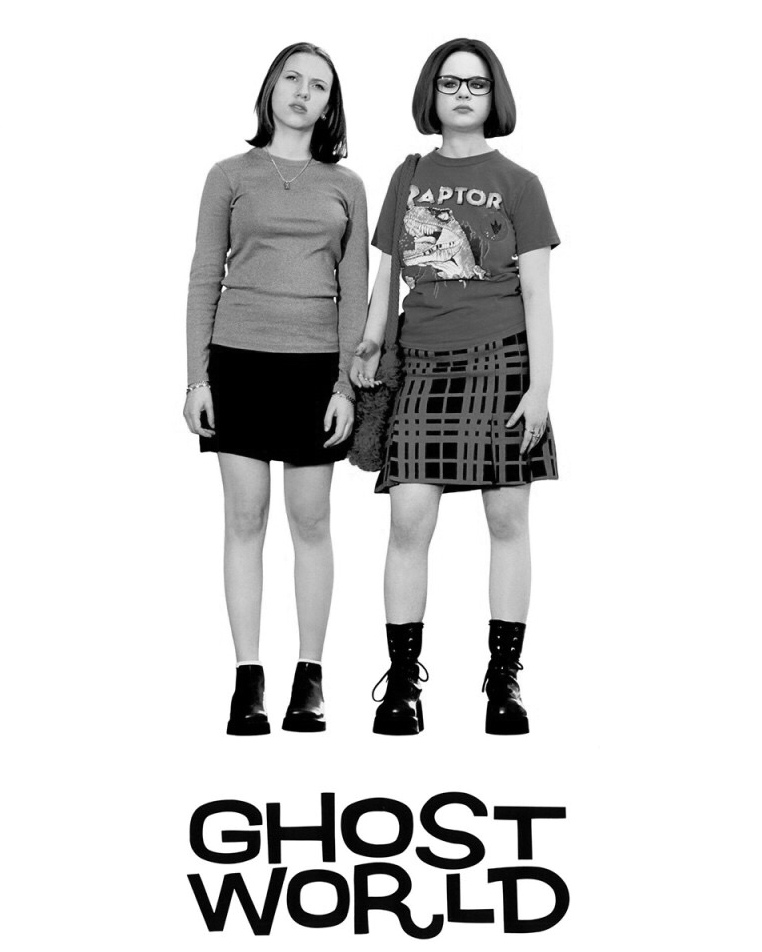
Dec 8, 2016 Coffee At The Movies Episode 4: Ghost World Dec 8, 2016 Dec 8, 2016
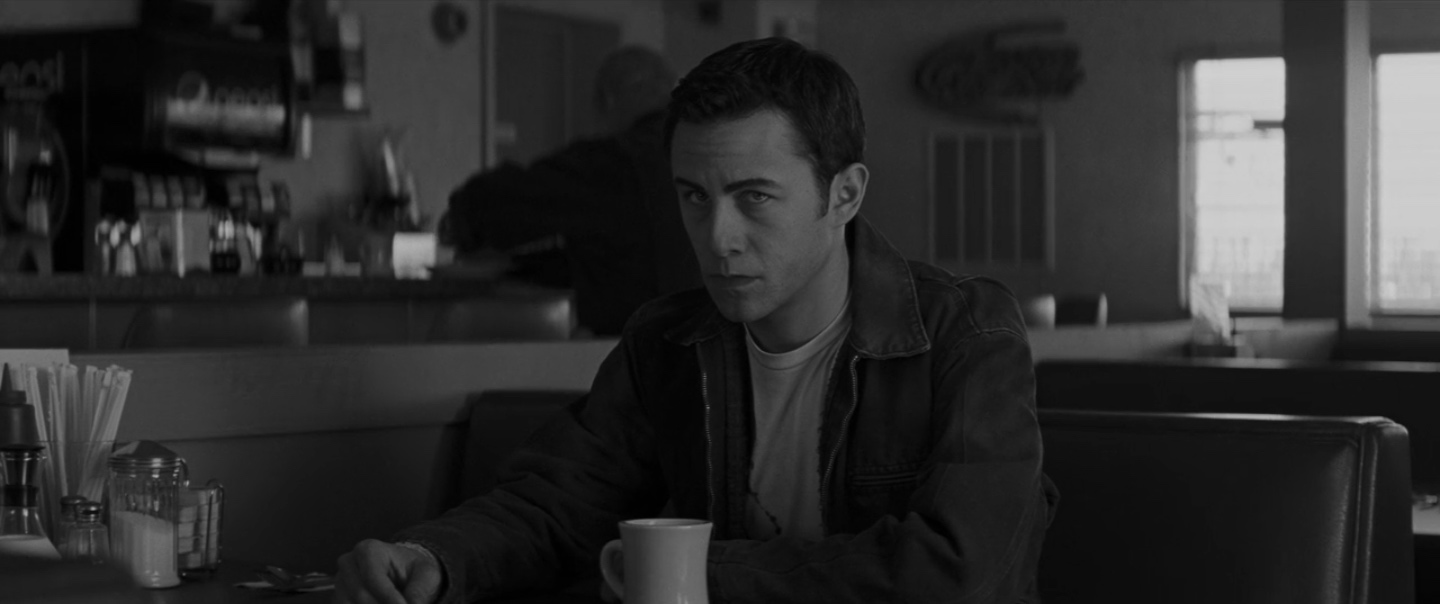
Dec 1, 2016 Coffee At The Movies Episode 3: Looper Dec 1, 2016 Dec 1, 2016
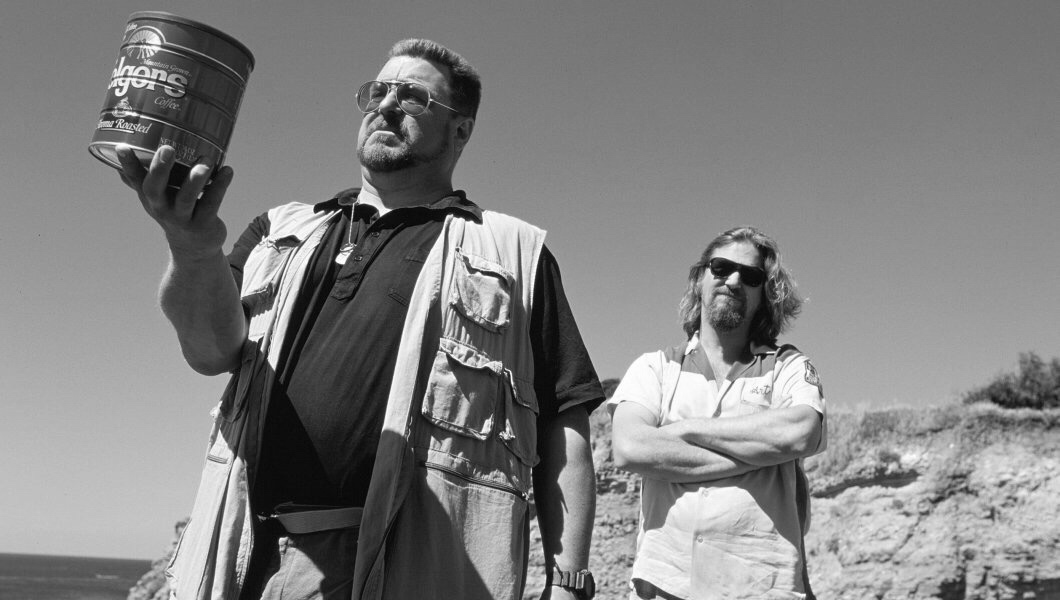
Nov 24, 2016 Coffee At The Movies Episode 2: The Big Lebowski Nov 24, 2016 Nov 24, 2016

Nov 17, 2016 Coffee At The Movies Episode 1: Scott Pilgrim Vs The World Nov 17, 2016 Nov 17, 2016
A newsletter about coffee—its culture, politics, and how it connects to the wider world.